Japan’s famed Shinkansen, or bullet train, has long been synonymous with efficiency, speed, and cutting-edge travel. Now, the rail service is breaking new ground by introducing dedicated "pet carriages," a move set to revolutionize how passengers travel with their furry companions. This initiative reflects Japan’s evolving attitudes toward pet ownership, where animals are increasingly seen as family members rather than mere possessions. The new carriages promise to make journeys smoother for both pets and their owners, addressing a growing demand for pet-inclusive travel options.
The idea of pet-friendly carriages isn’t entirely new, but the Shinkansen’s implementation marks a significant step forward. Unlike standard trains where pets are often relegated to carriers stowed under seats or in luggage racks, these specialized carriages will offer ample space for animals to move around. Designed with ventilation, noise reduction, and easy-to-clean surfaces, the compartments aim to minimize stress for pets while ensuring comfort for human passengers. For many, this development is a welcome change, eliminating the anxiety of cramped journeys with restless animals.
Why now? Japan’s pet culture has undergone a dramatic shift in recent years. With declining birth rates and an aging population, pets have filled emotional voids in countless households. The country’s pet industry has boomed, with everything from gourmet pet food to luxury animal spas becoming mainstream. The Shinkansen’s pet carriages are a natural extension of this trend, catering to owners who refuse to leave their pets behind during travel. Social media has further fueled the demand, with viral posts showcasing pets on trains sparking conversations about inclusivity.
Logistically, the pet carriages are a feat of thoughtful design. Each carriage will feature designated zones for different-sized animals, ensuring small dogs and cats aren’t overwhelmed by larger breeds. Temperature control will be prioritized, as extreme heat or cold can distress animals during transit. Additionally, the carriages will include waste disposal stations and hydration points, allowing owners to tend to their pets’ needs effortlessly. Early mock-ups even suggest the inclusion of playful elements like scratching posts for cats and toy stations for dogs, turning the journey into an engaging experience.
Public reaction has been overwhelmingly positive, though not without skepticism. Some passengers worry about allergies or noise disruptions, while others question whether the carriages might encourage irresponsible pet ownership. However, railway officials have assured that strict guidelines will be enforced. Pets must be vaccinated, well-behaved, and accompanied by owners at all times. Tickets for the pet carriages will also come at a premium, which may deter casual travelers but ensures commitment from serious pet owners.
Beyond convenience, the pet carriages symbolize a broader cultural shift in Japan. The country’s famously strict public decorum is softening to accommodate the needs of modern families—including those with four-legged members. For tourists, this innovation is particularly enticing. Japan has long been a top destination for pet lovers, boasting pet-friendly cafes, hotels, and even shrines. The Shinkansen’s new offering could further boost tourism, appealing to international visitors unwilling to part with their pets during vacations.
Critics argue that the resources poured into pet carriages might be better spent elsewhere, given Japan’s crowded urban transit systems. Yet proponents counter that the move is a smart investment. As pet ownership rises globally, Japan’s forward-thinking approach could set a benchmark for other nations. The Shinkansen’s reputation for precision and hospitality now extends to its four-legged passengers, reinforcing its status as a world-class rail service.
The rollout of pet carriages is expected to begin on select routes by late 2024, with plans for expansion if the pilot proves successful. For now, the announcement has already sparked excitement among pet owners, many of whom see it as a long-overdue acknowledgment of their companions’ place in society. As one Tokyo resident put it, "Pets aren’t luggage—they’re part of the family. Finally, the trains agree."
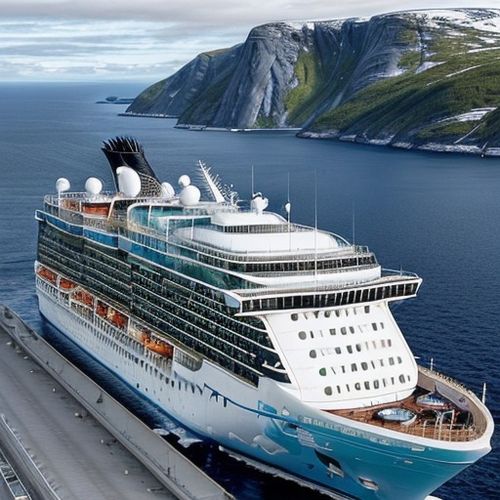
By Rebecca Stewart/Apr 7, 2025
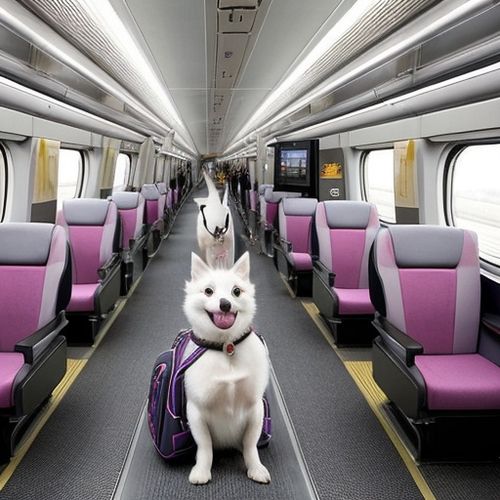
By Sophia Lewis/Apr 7, 2025

By Emily Johnson/Apr 7, 2025

By Laura Wilson/Apr 7, 2025

By David Anderson/Apr 7, 2025

By Benjamin Evans/Apr 7, 2025

By William Miller/Apr 7, 2025

By Emma Thompson/Apr 7, 2025

By Benjamin Evans/Apr 7, 2025

By Noah Bell/Apr 7, 2025
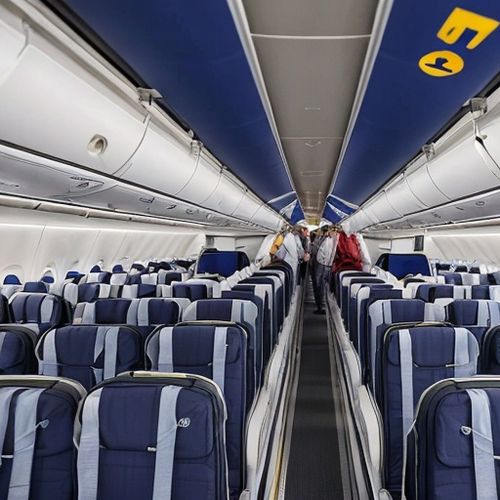
By Elizabeth Taylor/Apr 7, 2025

By George Bailey/Apr 7, 2025
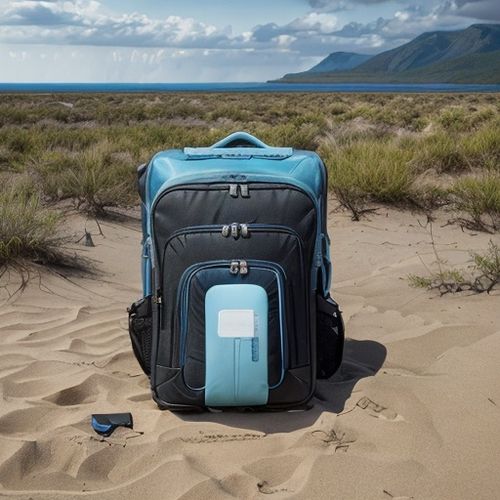
By Olivia Reed/Apr 7, 2025
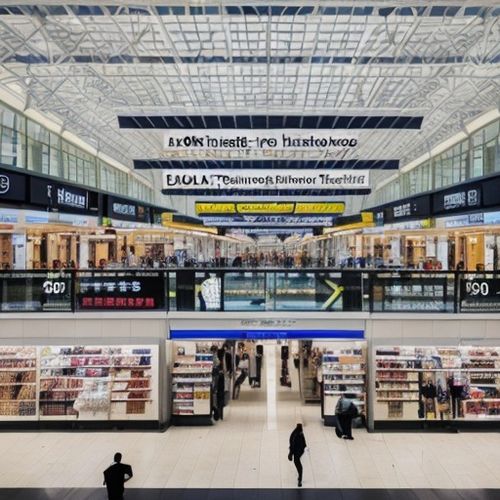
By Ryan Martin/Apr 7, 2025
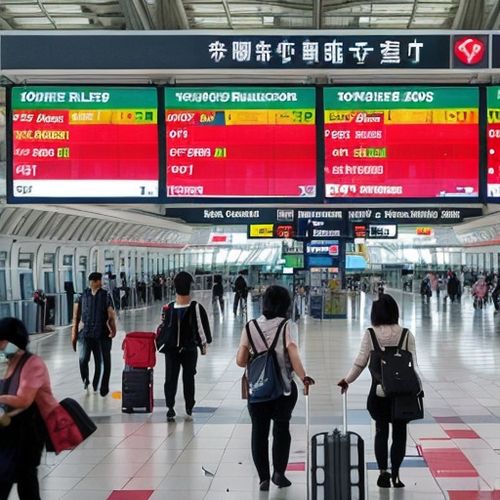
By George Bailey/Apr 7, 2025
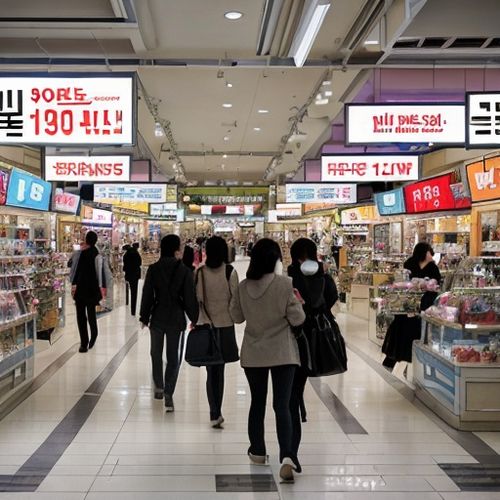
By Laura Wilson/Apr 7, 2025

By Laura Wilson/Apr 7, 2025